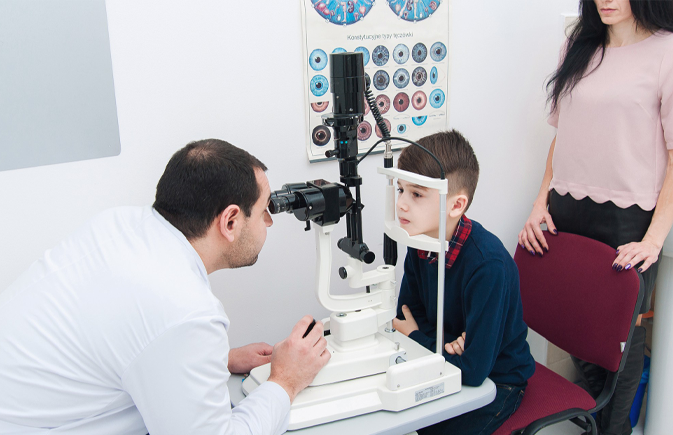
Welcome to Itees College of Health Science's comprehensive guide on the differences between ophthalmologists and optometrists. If you're considering a career in eye care and wondering about the educational pathways, including a diploma in optometry, this blog post is for you. We'll explore the roles of both professions, key differences, and provide detailed insights into the diploma in optometry course details and diploma in optometry eligibility.
An ophthalmologist is a medical doctor (MD) who specializes in the diagnosis, treatment, and prevention of eye diseases and conditions. They are trained to perform eye surgeries, prescribe medications, and fit eyeglasses and contact lenses to correct vision problems. Becoming an ophthalmologist requires extensive education and training, including:
An optometrist is a healthcare professional who provides primary vision care. They are trained to perform eye exams, detect vision problems, prescribe corrective lenses, and manage certain eye conditions. The path to becoming an optometrist typically involves:
If you're interested in pursuing a career in optometry, obtaining a diploma in optometry is a great starting point. This program equips students with the foundational knowledge and practical skills needed to excel in the field of eye care.
The diploma in optometry course details typically include:
To enroll in a diploma in optometry program, prospective students must meet the following diploma in optometry eligibility criteria:
At Itees College of Health Science, we are dedicated to providing top-notch education and training for aspiring optometrists. Here’s why you should choose us:
Experienced Faculty: Learn from experienced professionals who bring a wealth of knowledge and practical insights to the classroom.
State-of-the-Art Facilities: Gain hands-on experience using the latest equipment and technology in our well-equipped labs and clinics.
Comprehensive Curriculum: Our program covers all aspects of optometry, ensuring you are well-prepared for a successful career.
Career Support: We offer robust career support services, including job placement assistance and guidance for further studies.
Choosing between a career as an optometrist or ophthalmologist depends on your interests and educational goals. For those inclined toward primary eye care and vision correction, pursuing a diploma in optometry is an excellent choice. At Itees College of Health Science, we provide a comprehensive program that prepares you for a rewarding career in optometry.
Contact us today to learn more about our diploma in optometry course details and diploma in optometry eligibility, and take the first step towards a fulfilling career in eye care.